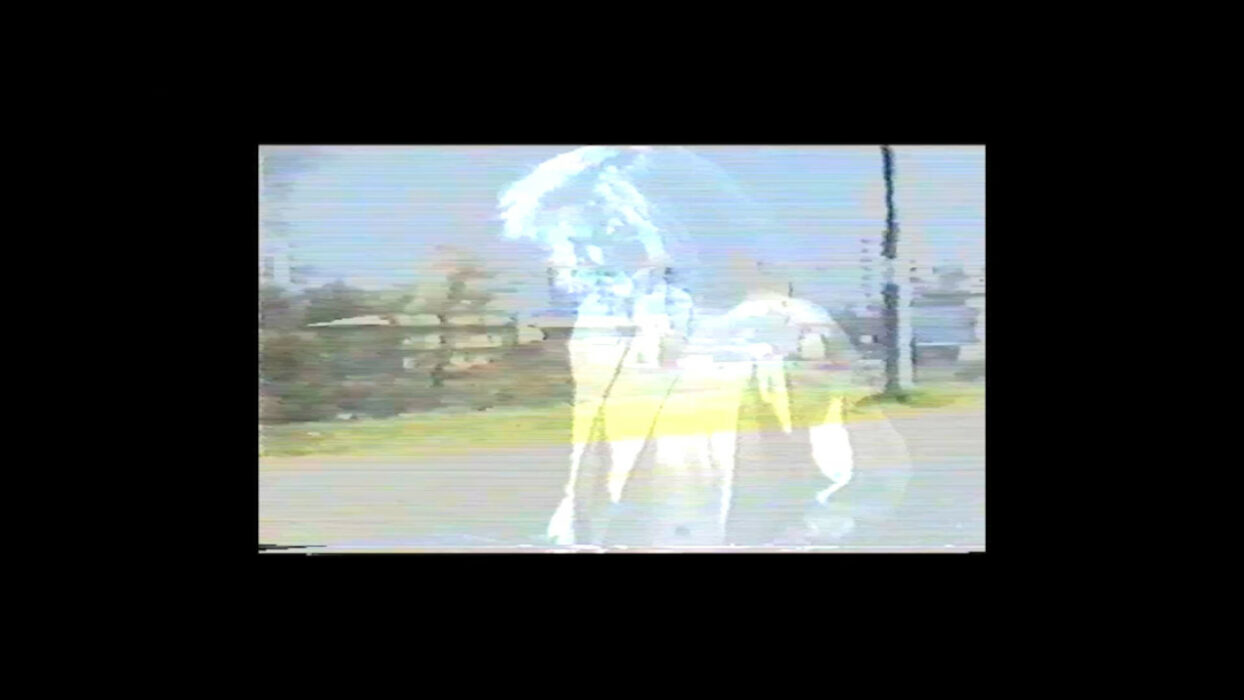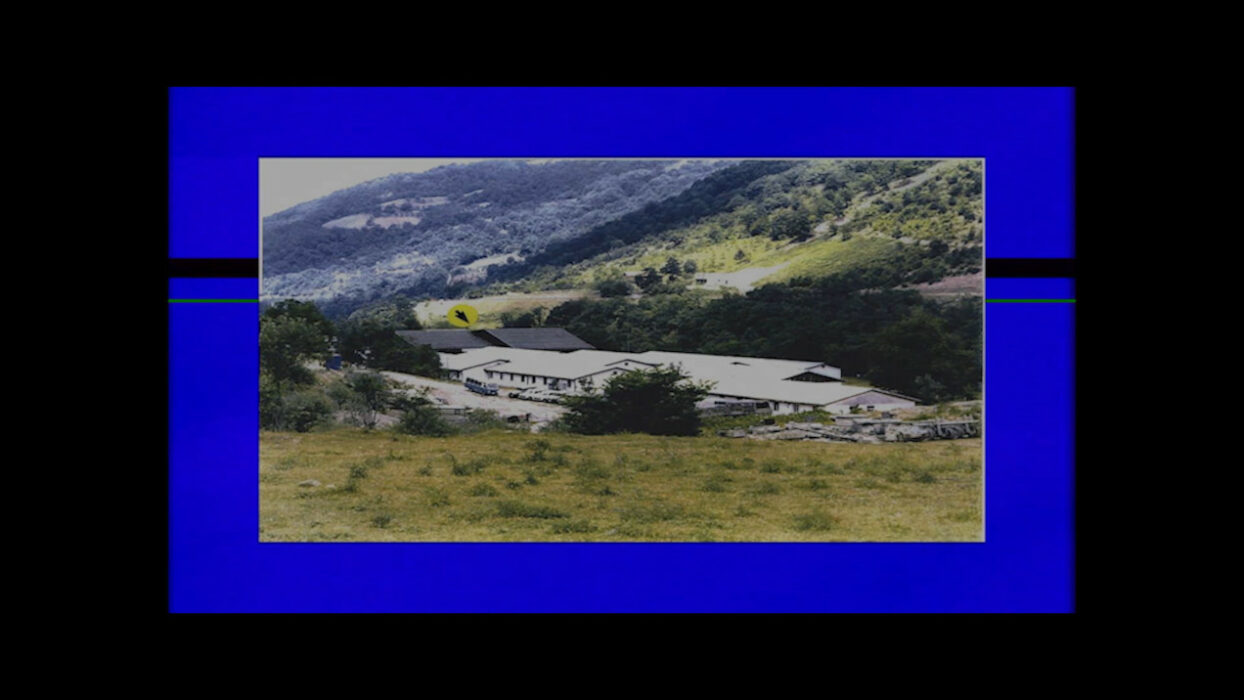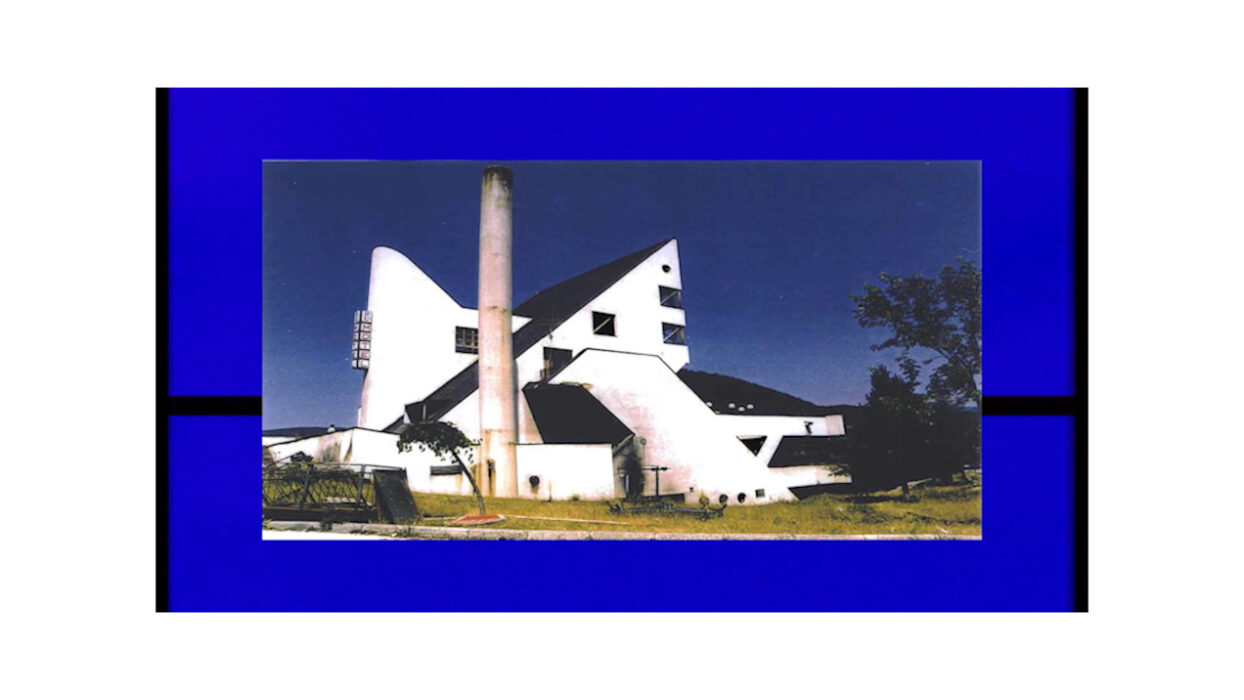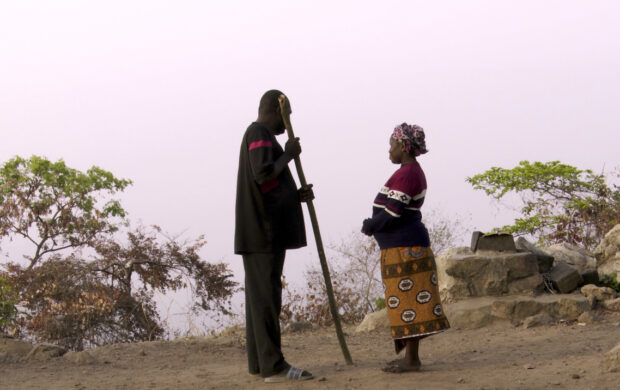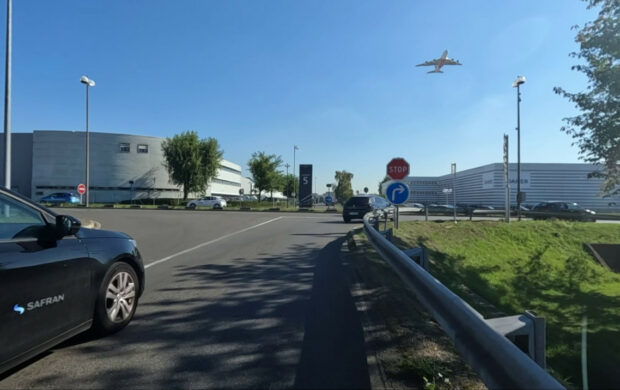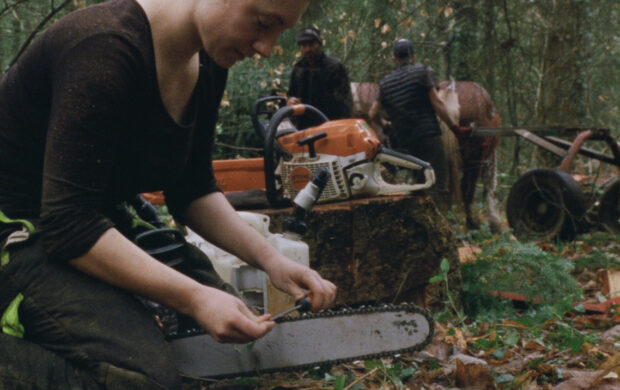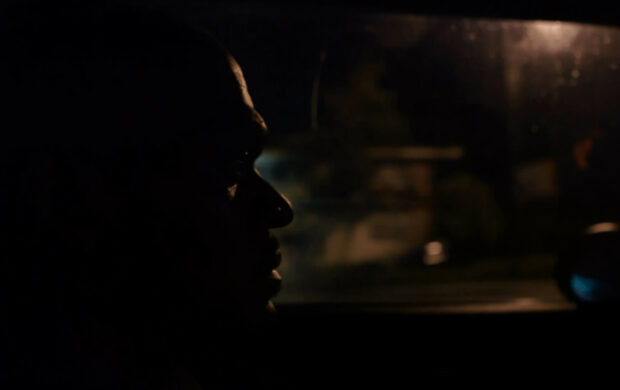Silence of Reason
- 2023
- North Macedonia, Bosnia and Herzegovina
- 1h03
- English, Bosnian
CINÉMA DU RÉEL INTERNATIONAL AWARD
The singular experiences of violence and torture by women from the Foča rape camps during the war in Bosnia and Herzegovina become our collective memories, surpassing time and space.
It all begins when it is already too late: in the Drina, the bodies of women who can no longer express from what series of exactions their immersion in the river marked the conclusion. On screen, VHS footage and photos used as evidence in a historic trial in 2000 flicker like ghosts. The film restores to memory its precarious and faltering nature, not to challenge the memories of the women whose testimonies it relays, but to show that what survives is surrounded by ruins. Their words no less clear: they describe the places and acts and, when possible, name those who perpetrated them. Grouped into camps, mothers and daughters were raped daily over several years. What the testimonies reveal more profoundly is that innocence is the exception, as was already suggested by the introductory quote from Hannah Arendt, who probed the banality of evil. The systemic character of these collective and organised acts, the putrid fruits of a misogynistic culture, is made crystal-clear. The only surviving images of the facts are in the mind: they have been carefully made invisible. As it relates these barbaric acts, the film relates a collective action to transform the future: even when hidden behind initials, numbers and distortion effects, the victims’ words retain their full power, and out of the white noise that inhabits the film, they cut across time.
Olivia Cooper-Hadjian
- Production : Medea
- Photography : Archival work
- Sound : Vladimir Zivkovic
- Editing : Jelena Maksimovic
- Copy contact : Medea - kumjana@pravoljudski.org
